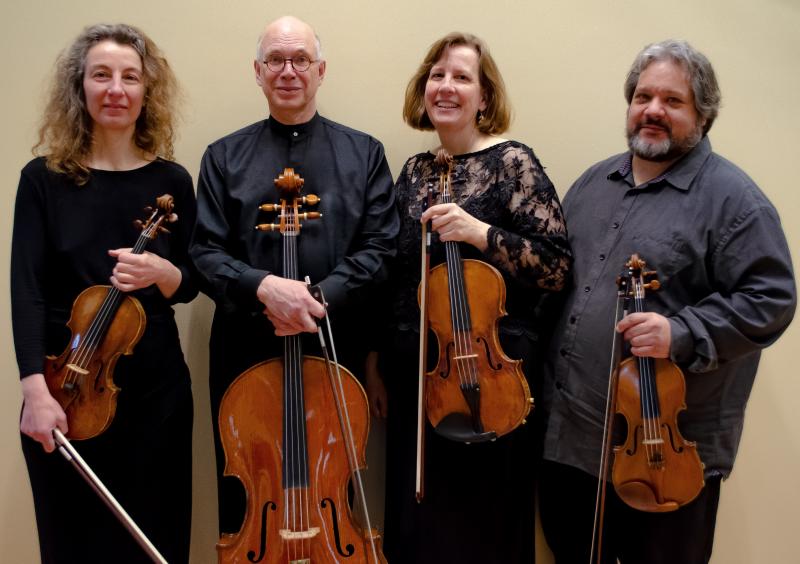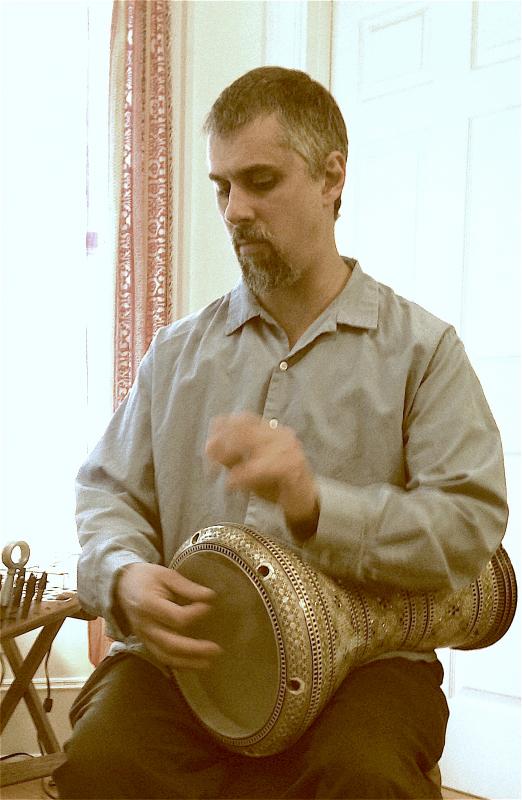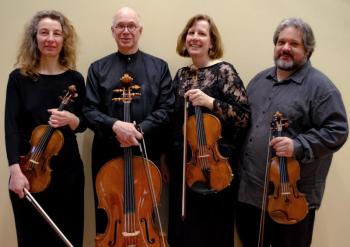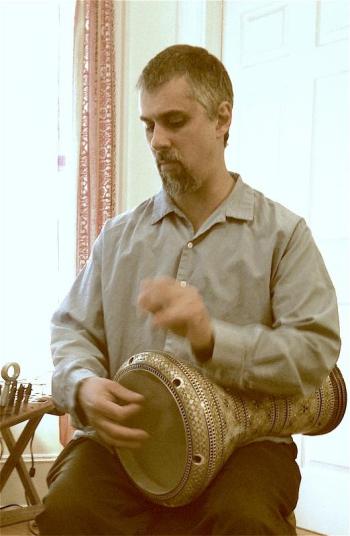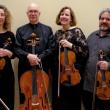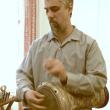DaPonte presents Bicentennial concert ‘Maine’s 200th: Music of Early Maine’
MIDCOAST — DaPonte String Quartet will perform multiple Bicentennial concerts in the Midcoast entitled “Maine’s 200th: Music of Early Maine” with guest artist Eric LaPerna (percussion).
“Maine’s 200th: Music of Early Maine” is the DaPonte String Quartet’s tribute to Maine’s Bicentennial. The Quartet is joined by guest artist Eric LaPerna, percussion for a program that highlights significant events along Maine’s pre-statehood timeline (from the 16th to the early 19th centuries), with selected music to share some of the cultural influences.
“When we learned about the notated songs of Membertou (c. early 1500s-1611), a major shaman-chief of the Mi’kmaq nation, the idea for this program began to percolate,” said DSQ, in a news release. “What music might there have been, as so many different people explored, fished, and colonized Maine’s rocky coast and European influences began to permeate the land? But we have only a scant trace of documented music from northeastern North America in this early period, making the written record of Membertou’s songs, and one young colonial bachelor’s dance book found in Topsham, so valuable.
“We know that music played a vital role in indigenous communities, that European sailors sang chanteys to accompany their work, and that all communities blessed their watercraft with traditional music. Noblemen and naval captains would have heard the latest music in Europe. French Jesuit missionaries brought their musical liturgy and passed it on to new generations of Catholics. Publications of the latest English dance tunes sold like hotcakes when they arrived in Boston in the 18th century. But aside from such generalities, we can only speculate about what music might have been in the air, and crossing the seas, “earworms” perhaps, of the people who lived in what we now call Maine.”
The chronological arc of this program of early Maine music traces a long period of lasting European colonization in the region. Over time English military forces in combination with colonial and imperial policies as well as deadly pathogens that devastated native villages led to Euro-American dominance in the region. In the face of this onslaught, Native American persistence in Maine, and the trans-national northeast more broadly, stands as a witness to a remarkable human accomplishment built upon the adaptive skills and knowledge that are the foundation of indigenous cultures and societies.
March:
Brunswick - UU Church - Sunday, March 8, at 2 p.m.
Newcastle - St. Patrick’s Church - Sunday, March 15, at 3 p.m.
Portland - Maine Jewish Museum - Thursday, March 19, at 7p.m.
Rockport Opera House - Saturday, March 21, at 2 p.m.
Belfast Library - Sunday, March 29, at 2 p.m.
April:
Rockland - Farnsworth Art Museum - Thursday, April 23, at 2 p.m.
Program
Trad. Mi’kmaq Songs of Chief Membertou
Trad. Basque tune Kaxarranka
Heinrich Isaac (c. 1450-1517) Imperii proceres
Juan del Encina (c.1468 -1529/30) Four Songs from Canconiero de Palacio
attr. to Francis Cutting (1550-1603) Sir Walter Raleigh’s Galliard
Thomas Tomkins (1572-1656) A Sad Pavane for these distracted times
Anonymous Les Bergers et Les Ameriquaines
Jan Pieterszoon Sweelinck (1562-1621) Ballo del granduca
Marc-Antoine Charpentier (1643-1704) Concert pour Quatre Parties de Violes
Anonymous The Birks of Abergeldie
Supply Belcher (1751-1836) Captivity
Anonymous Little Ben
Marc-Antoine Charpentier (1643-1704) Prelude from Te Deum
Event Date
Address
United States

